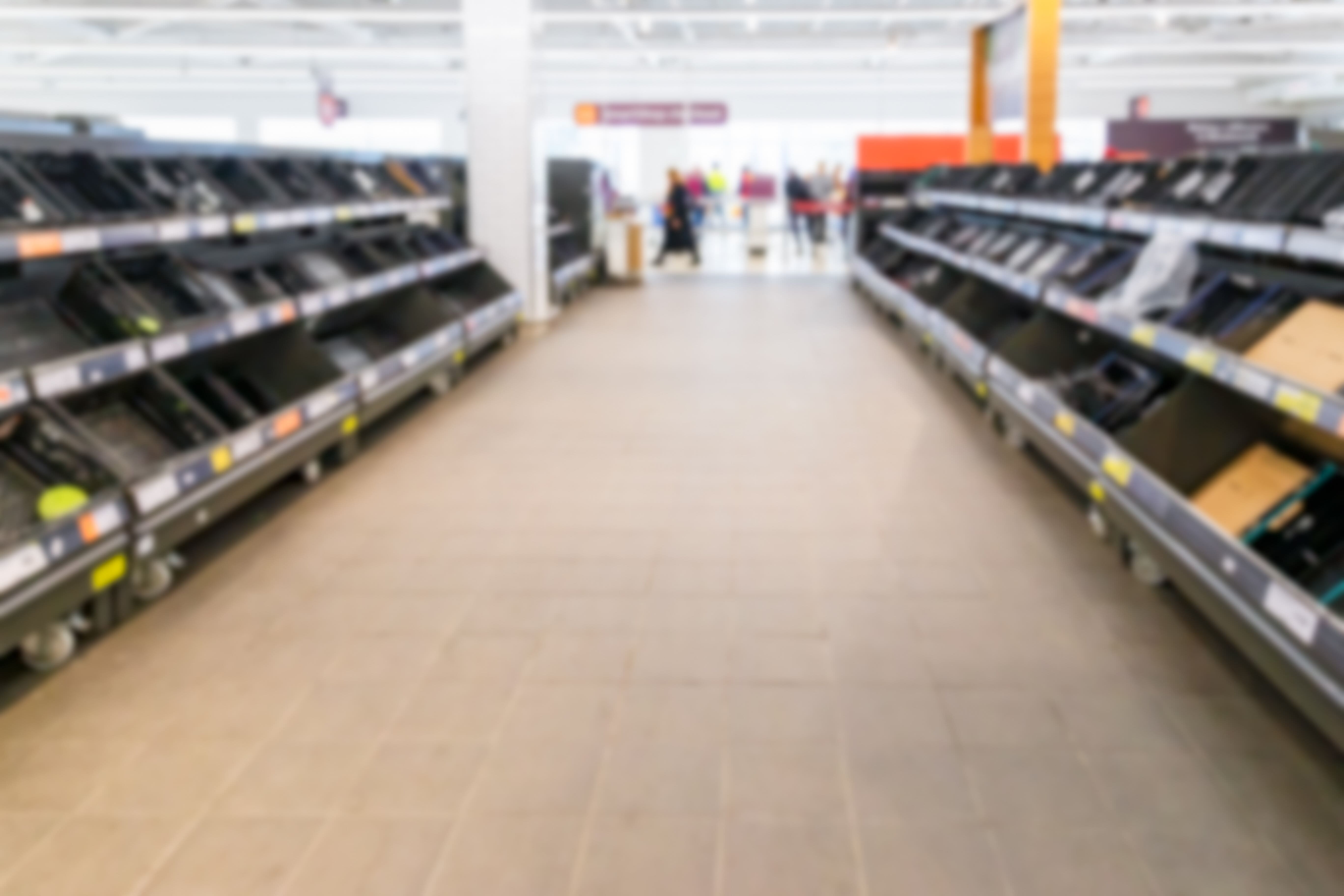
Heavy Rain, Flooding, and Chance of Severe Weather Staring Down the Southern U.S.
January 22, 2024
Posted: February 27, 2023 2:21 pm





Some of the largest supermarkets in the U.K. have been forced to ration the sales of some of the most popular fruits and vegetables because of a global shortage of these products. Here is what you need to know about this growing crisis.
Poor weather conditions in Northern Africa and Spain have created the shortage of fresh produce. At this time, the shortages are not impacting the U.S., however, America has already been dealing with its own supply chain issues.
The biggest grocery outlet in the U.K., Tesco, is temporarily limiting the amount of tomatoes, peppers, lettuce, and cucumbers that each customer can purchase at any given time. The German discount chain Aldi has also imposed similar limits in its stores in the U.K. in order to mitigate the shortages.
The U.K.’s second-largest grocery retailer, Sainsbury’s, said that it currently has no plans to begin limiting purchases. The government is being told that the supply chain issues could continue for up to four weeks.
The rationing on these produce items is coming at a time when those in the U.K. are dealing with soaring food prices and increasing cost of living expenses. For instance, food price inflation reached 16.7% at the end of January, the highest number since 2008.
Financial experts warn that the food shortages will only serve to drive up food inflation even further.
Global warming can be partly to blame for the food shortages. Both Spain and Morocco saw a warmer than average summer growing season last year, limiting the crop production in this corner of the world. This heat was aggravated by a record cold snap that brought snow and hail the last two weeks to intensify the problem. Because the U.K. gets a large amount of its agricultural products from this region, it is not surprising that the Commonwealth is feeling the pinch now.
For instance, the tomato output in Spain is 20% smaller than it was just one year ago. Not only is this driving up prices but it is also creating mass shortages. The U.K. imports about 95% of its tomatoes, making them heavily reliant on other areas for this staple crop.
Growers in the U.K. are scrambling to fill shelves with produce grown within its borders. However, there is typically a lag associated with the process.
Labor shortages across the board are pairing with increasing energy prices to impact the agricultural industry as well. The cost of natural gas needed for some types of fertilizers is up significantly over the last year due to the invasion of Ukraine by Russia. This increase is making it more expensive to grow food and put it on tables all over the planet.
In addition to the poor growing conditions and rising cost of producing food, some experts are also blaming Brexit on the shortage. The controversial decision of the U.K. to exit its partnership with many European countries may also be at fault for the ongoing labor shortages.
In the past, many U.K. farmers received subsidy payments from the European Union (EU). However, these subsidies are now being phased out. While the U.K. is planning on implementing its own subsidy process by 2024, this safety net is not yet fully in place.
Other countries across Europe have also reported shortages in certain agricultural products over the last few months, particularly tomatoes and cucumbers. Unlike the U.K., there have been no confirmed reports of food rationing.
Although these issues have not been felt in the U.S., the problems in the U.K. are just another reminder at how fragile the global supply system can be.
Did you find this content useful? Feel free to bookmark or to post to your timeline for reference later.

January 21, 2024

January 19, 2024

January 18, 2024